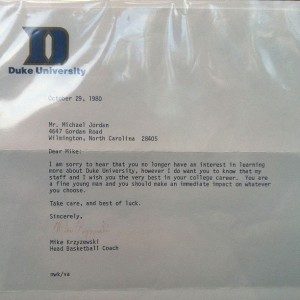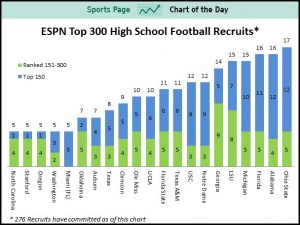I’m sure at this point you saw the news from this weekend – Reese Witherspoon’s husband got arrested for DUI and she did what any drunk celebrity wife should do – threatened a police officer with the best question ever asked by celebrities – “Do you know who I am!?” Yep – Mrs. Legally Blonde herself asked the one question celebrities are trained to never ask, under any circumstances. She broke Rule #1 of being celebrity – and it was glorious!
This got me to thinking, from a candidate perspective, what are the questions who could ask that would ensure your interview went from Fab to Drab in about 3 seconds!? My Catfish Friend, Kathy Rapp, over at Fistful of Talent had a great post this past week – 3 Questions Freakin’ Awesome Candidates Ask – which gave candidates three absolute home-run questions to ask at the end of the interview to show you’re a Rock Star candidate. My list does the opposite!
The cool part of my list – is that each of these questions are from actual candidates asked during interviews that I’ve been apart of:
1. Do you drug test? Nope! But we do now! I’m pretty sure the person who asks this question has already made up their mind they don’t want to work for your company and they use this to ensure you won’t hire them. Believe me there are plenty of people who interview, to get their parents, spouse, etc. off their back, but they don’t really want to work – so they sabotage themselves. Asking dumb questions at the end is one of the best ways to sabotage an interview! Other question on this path – Do you do background checks? Do you do credit checks? Do you hire felons?
2. How long before I get to use sick time? Never! Because you wont’ be working here! Again, the person who asks this question asks it for a reason – that reason is they ‘plan’ on being sick. Quick HR Pro Rule of Thumb – if someone plans on being sick – you aren’t going to be happy with that hire. Other questions on this same path: When would I get a raise? How soon can I use my health insurance? What happens if I’m late to work?
3. Can you date co-workers here? To be honest – my immediate follow up question to this, without answering his question, was – “Are you dating one of the employees here?” To which he said “No” – but that he ran into this at another employer and didn’t want to ‘have any problems’ again. So, you’re assuming we have folks here who are just not going to be able to hold themselves back and must date you!? Is what I’m hearing! Again, I’ll come clean on my next response – I told him “You’re allowed to date employees here, you just can’t sleep with them.” (That wasn’t actually our policy – but it was fun to say!) At which he had no response and I ended the interview. Other questions on this same path: Can you drink alcohol on the job here? Can you smoke pot in the work bathrooms? Can you steal office supplies?
What has been the dumbest question you have ever heard during an interview you were apart of?


